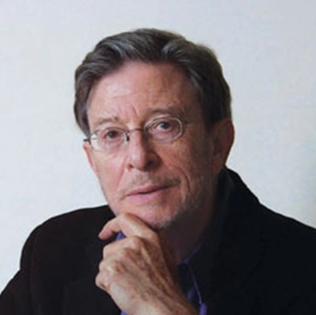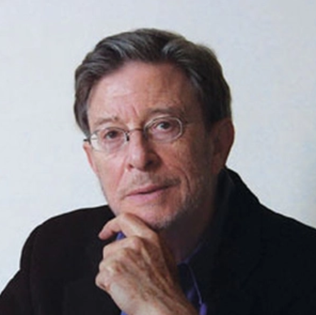A Quote by Michael Beschloss
Reagan's defense buildup and SDI, so ridiculed at the time, pressed Gorbachev, while his economy was collapsing, to make arms deals and improve relations with the West, which contributed to the unraveling of his empire.
Related Quotes
National Defense A strong USA defense brought down the Soviet Union. It was Ronald Reagan - first in a speech at Notre Dame University in May 1981, then his 'Evil Empire' speech of March 1983 - who most eloquently declared communism's imminent demise. Reagan was right. And even Soviet officials attribute Ronald Reagan's rhetoric and foreign policy to bringing down that 'evil empire.' By Christmas Day, 1990, the Soviet Union ceased to exist. Liberals wished it were other things.
Mikhail Gorbachev's historic leadership, which transformed Russia and international relations, cannot be fully understood without the diary-memoir of Anatoly Chernyaev, one of his most important advisers and closest confidants. Splendidly translated, edited, and introduced by Robert English and Elizabeth Tucker, his Six Years with Gorbachev is now available to everyone who wants to comprehend those final momentous events of the twentieth century.
Such was the end of Philip (II, king of Macedonia) ...He had ruled 24 years. He is known to fame as one who with but the slenderest resources to support his claim to a throne won for himself the greatest empire among the Hellenes (Greeks), while the growth of his position was not due so much to his prowess in arms as to his adroitness and cordiality in diplomacy.
Gorbachev's administration was amazingly politically naïve, inexperienced and irresponsible towards the country. It was not governance but a thoughtless renunciation of power. The admiration of the West in return only strengthened his conviction that his approach was right. But let us be clear that it was Mikhail Gorbachev, and not Boris Yeltsin, as is now widely being claimed, who first gave freedom of speech and movement to the citizens of Russia.
A man writing a letter is a man in the act of thinking, and it was an exercise Reagan obviously enjoyed. After his first meeting with Gorbachev, for example, he sent a 'Dear Murph' letter about it to his old friend George Murphy, a former senator and actor who had once played Reagan's father in a film.
I might have arguments with the size of Reagan's military buildup, but given the Soviet invasion of Afghanistan, staying ahead of the Soviets militarily seemed a sensible thing to do. Pride in our country, respect for our armed services, a healthy appreciation for the dangers beyond our borders, an insistence that there was no easy equivalence between East and West--in all this I had no quarrel with Reagan. And when the Berlin Wall came tumbling down, I had to give the old man his due, even if I never gave him my vote.
Pressed up against him, I can feel the thud of his heart against mine, his ribcase expanding and contracting rapidly against my chest, the warm whisper of his breath tickling the side of my neck, the brush of his leg against my thigh. Resting my arms on his shoulders, I pull back a little to get a look at his face. But he isn't smiling any more.
An old Russian woman goes into Kremlin, gets an audience with Mikhail Gorbachev and says, In America anyone can go to the White House, walk up to Reagan's desk and say, 'I don't like the way you are running the country.' Gorbachev replied, You can do the same thing in the Soviet Union. You can go into the Kremlin, walk up to my desk and say 'I don't like the way Reagan is running his country.'
Reagan took an approach to the Cold War dramatically different from any other US President. To wit, he thought we should win. This was a fresh concept. At the time, it was widely ridiculed as a dangerous alteration of US policy. Only after it worked was Reagan's dangerous foreign policy recast as merely a continuation of the policies of his predecessors.
Even if it wasn't always morning in America during the years of his presidency, Reagan's eagerness to insist that it was tapped into a longing among voters. They didn't want to picture themselves turning down their thermostats and buttoning up their cardigans. They wanted to strut again. Reagan opened his arms and said, 'Walk this way.'
During his last 18 months in office, Eisenhower flew to Asia, Europe, and Latin America and deployed his war hero's popularity to seek new friends for America while trying to improve relations with Moscow. By the time Ike left office, most Americans had forgotten their anger over losing the space race to the Soviets.
He kissed me, so gently at first that I melted. I pressed close against him as the kiss deepened, curling my arms around his neck and tumbling into pure sensation. The softness of his hair as I ran my fingers through it; his arms hands on my skin, caressing me. It felt so, so good. I'd been afraid that I'd never have this again--this sense of being so achingly alive that every nerve ending was on fire.







































